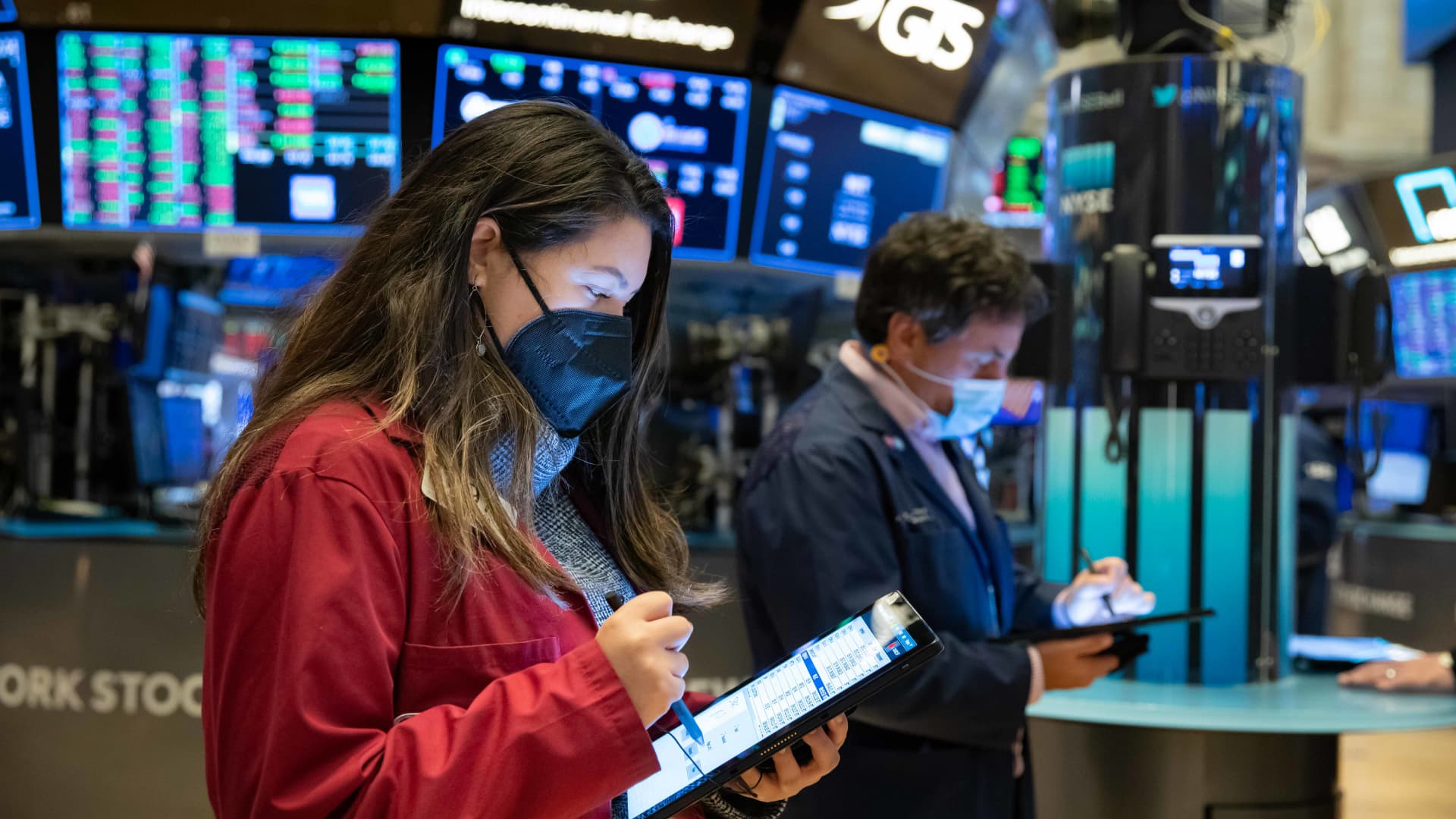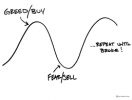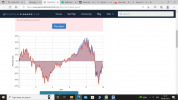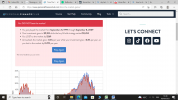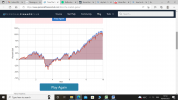Gordon Gekko
Registered User
- Messages
- 7,919
Firstly, you can’t “ring fence” your lump sum! If I’ve 25% of my fund in cash and 75% of it invested in equities, a 20% fall in equities will reduce the lump sum available to me.
Secondly, you’re 21 years away from retirement! You shouldn’t be concerned about protecting anything. Just stay invested 100% in global equities and go and have a beer. If a friend of yours says they’re moving to cash, just say “oh, okay” and take another sip of your beer. If it’s a really close friend, refer them to this thread.
Thirdly, as Sarenco and others have said, things like impending recessions are already baked into the price. Someone going to cash with a recession on the horizon and deploying their cash once there are green shoots will see really poor results over time.
Secondly, you’re 21 years away from retirement! You shouldn’t be concerned about protecting anything. Just stay invested 100% in global equities and go and have a beer. If a friend of yours says they’re moving to cash, just say “oh, okay” and take another sip of your beer. If it’s a really close friend, refer them to this thread.
Thirdly, as Sarenco and others have said, things like impending recessions are already baked into the price. Someone going to cash with a recession on the horizon and deploying their cash once there are green shoots will see really poor results over time.

